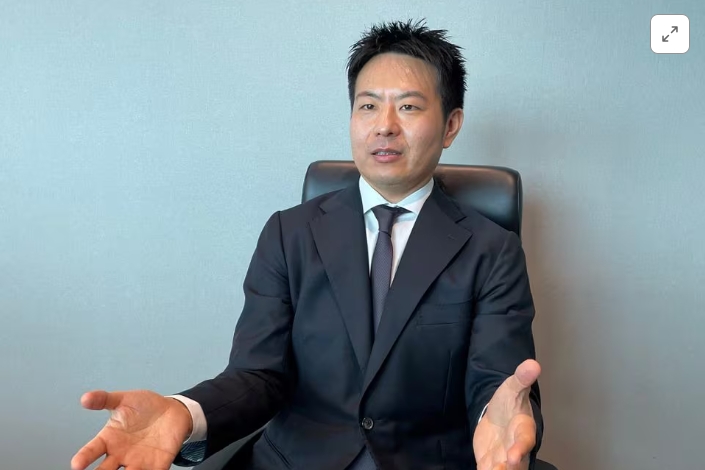
Japan is aiming to become a major offshore wind power producer, with the government targeting 10 GW by 2030 and up to 45 GW by 2040 as part of its decarbonisation push.
SSE Pacifico was established in 2021 as a joint venture, with SSE Renewables holding an 80% stake and Pacifico Energy, a local partner with a track record of developing 1.3 GW of solar power since 2012, owning the remainder.
"Our official target is to deliver our projects in a pipeline of 6 GW," SSE Pacifico President Dai Karasawa told Reuters in an interview, without giving a specific timeline or disclosing costs.
"My target is to bring one project per year to be auctioned (via state auctions)... from the later half of this decade," he said.
Its pipeline includes a 0.5 GW project off the coast of Mihama in Wakayama prefecture, and another 0.5 GW project off Omaezaki in Shizuoka prefecture.
"Since we've been talking with the local stakeholders and we know the site, we have a good probability of being awarded once these sites are designated as the auction areas from the latter half of this decade," Karasawa said.
Karasawa believes his company provides a powerful combination as Pacifico Energy can manage the local stakeholders while SSE can contribute to engineering and procurement.
About half of the targeted 6 GW will be fixed-bottom type and the other will be floating, he added.
Japan implemented a new law in 2019 to foster the development of offshore wind farms.
With less than 0.5 GW of installed offshore wind capacity currently, the government plans to subject about 1 GW of offshore wind projects to state auctions annually until 2030.
Offshore wind is meant to be central to Japan's expansion of renewable energy, but progress has been delayed as auction rules needed to be revised in response to business criticism highlighting the lack of clarity in the first round of the auction.
In December, Germany's RWE (RWEG.DE), opens new tab became the first foreign company to join the winners, securing a place in one of the three victorious consortia in the second round of the auction.
So far, every winning consortium comprises a Japanese trading house.
"We are open to talk with any potential partners if we can establish partnership with efficient split roles," Karasawa said.